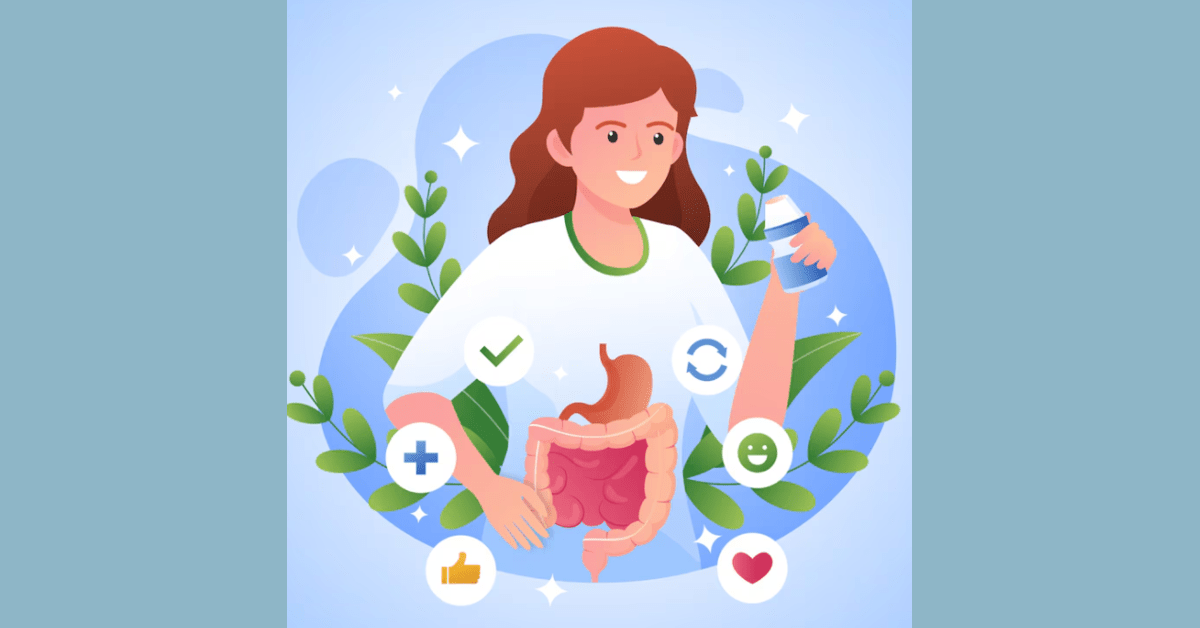Proper digestion is one of the most important aspects of our lives, as it directly influences the state of our health. When digestion is impaired, one is likely to experience some adverse effects such as bloating, constipation, diarrhea, and stomach aches.
This can also lead to inflammation, hormonal imbalances, weaker immune systems and various other chronic diseases. Fortunately, you can make some easy yet effective changes to your everyday routine and completely change the way your gut functions.
The following are evidence-based tips to help improve digestion and support a healthy gut microbiome.
Consume a Nutrient-Dense Diet
Diet is one of the most important factors that influence the digestive system and its functioning. It should be noted that one should consume fiber rich fruits and vegetables, fermented foods, herbs and spices, nuts and seeds, beans and lentils, whole grain cereals and products, anti-inflammatory fats and lean protein.
They offer prebiotics to feed useful bacterial flora in the intestines, probiotics to restore the balance of good bacteria, and a number of elements that can help to decrease inflammation and oxidative stress. The recommendations also suggest that people should slowly incorporate vegetables to take at least three-quarter of the plate.
Move towards consuming dark-hued purple, red, orange, and green foods that are rich in flavonoids, carotenoids, antioxidants, and polyphenols. These phytonutrients enhance the immune system, regulate the gut microbial community, and preserve the integrity of the intestinal epithelium.
Stay Properly Hydrated
Dehydration is very hard on the digestive and gastrointestinal systems, making it difficult for food to move through the digestive tract. Water is also necessary to ensure that stools remain soft, and to facilitate the easy movement of food through the digestive system as well as the efficient expulsion of waste.
If there is insufficient fluid intake, then the movement of the bowels is reduced and this leads to constipation. This leads to the accumulation of toxins, which cause inflammation and defeat the intestinal lining and can even help pathogenic bacteria to grow.
It has been observed that it is crucial to drink a lot of water in its pure form at regular intervals of time in a day. Some other sources include herbal teas, bone broths, fruits, soups, and smoothies, all of which also support hydration.
For those who have problems with sensitivity of the bladder, one should pay attention to the schedule of fluid consumption and make changes if necessary.
Manage Stress Levels
Chronic stress reduces the balance of gut flora and decreases the population of beneficial bacteria, which is a severe blow to digestion.
This finding is supported by the fact that stress hormones like cortisol reduce blood flow and oxygen supply to the gastrointestinal tract. This reduces motility, reduces nutrient absorption, alters pH levels of gastric acid, increases permeability of the intestinal wall and disrupts the crucial brain- gut axis.
Hence, apprehension and depression often have physical symptoms such as diarrhea, constipation, abdominal pain, and cramps. Hence it is vital to learn how to manage stress by employing techniques such as meditation, yoga, exercise, laughter, music, and walking in nature or talking to friends and family members.
Incorporate More Exercise
Daily physical activity helps in the protection of the digestive and gut health through several means, which are discussed below. Physical activity increases the circulation of blood, reduces inflammation and stress, prevents the imbalance of microflora, hastens the process of elimination of waste products from the body, combats constipation, assists in the regulation of body weight, and enhances the sensitivity of the cells to insulin.
Aerobic movement, strength training, core work, stretching, and posture alignment; each of them has different positive effects on digestion. This is because simple activities such as walking for instance aid in the stimulation of peristalsis that helps in clearing the contents through the intestines.
However, the intensive training has been reported to cause GI challenges at times. Thus, it is better to warm up gradually and drink enough water, not eat food shortly before the workout, and supplement the probiotics.
Conclusion
It is, therefore, crucial to understand and look after your digestion since it is the cornerstone of overall well-being. The food we consume, water intake, stress levels, activity, and other factors play a crucial role in determining the state of gut health.
Adopting positive changes to support your gut will result in benefits that will be felt in the long run and in a big way. It’s important to feed your body with real, healthy food regularly.
Drink adequate purified water. Identify ways of releasing pressure and stress. Make sure that you move your body every day. This way, anyone who is willing to demonstrate their gut love practically on a daily basis can be happy with a healthy stomach and overall well-being.




